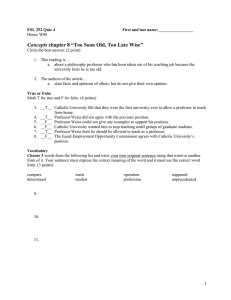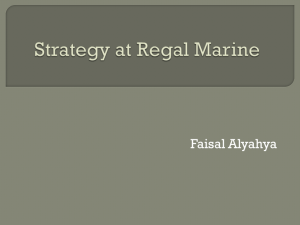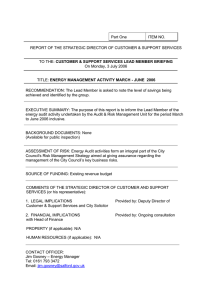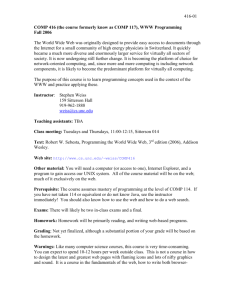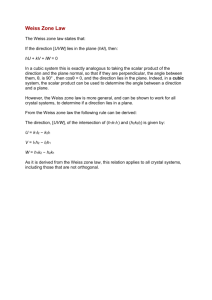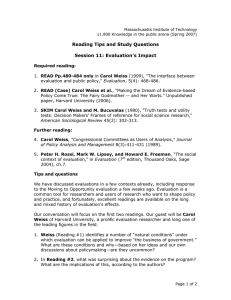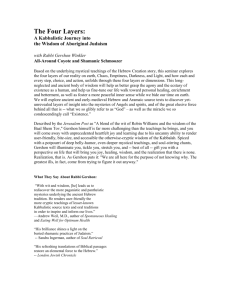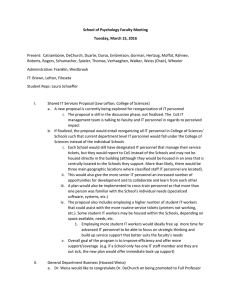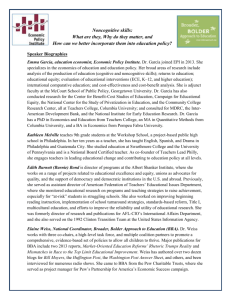BUS-201-Week-5-Discussion-2-(Customers)
advertisement
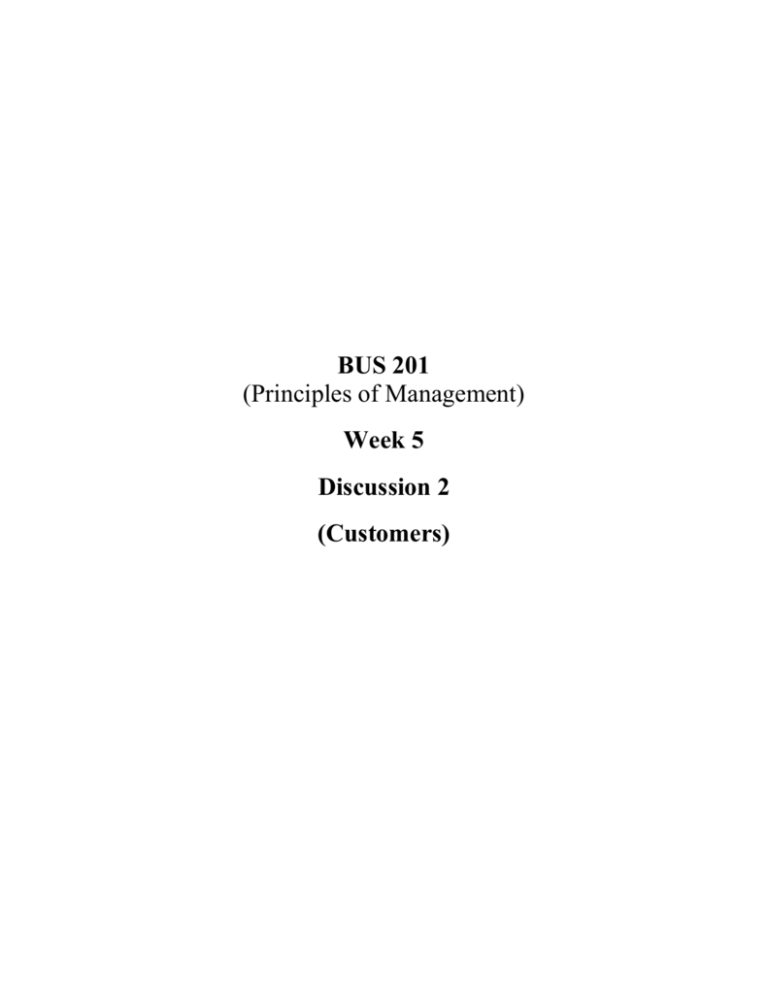
BUS 201 (Principles of Management) Week 5 Discussion 2 (Customers) Organizations produce outputs that are consumed by customers. Because customers are vital to the organization’s survival, it is important for managers to correctly identify customers and promote organizational strategies to respond to their needs. Discuss two operations management techniques that have been adopted by managers in an effort to attract customers with improved products. In which industries may those techniques be best utilized? Respond to at least two of your classmates’ postings. Operations management is a multi-disciplinary field that focuses on managing all aspects of an organization's operations. "The typical organization consists of the integration of many different functions,” (Weiss &Gershon). Aspects of operations management, then, include products or services to emphasize; facility size and location with respect to customers and suppliers; marketing strategies to attract clients/customers; techniques and equipment to use to make the goods or to provide the services; work force management and training; and measurements of quality assurance. Operations managers apply ideas and technologies to increase productivity and reduce costs, improve flexibility to meet rapidly changing customer needs, enhance product quality, and improve customer service. In today's business environment, a key component of operational flexibility in many industries is technological knowledge. Advances in technology make it possible to build better products using fewer resources. As technology fundamentally changes a product, its performance and quality often increases dramatically, making it a more highly valued commodity in the marketplace. But the growth in high-tech business applications has created new competitors as well, making it important for businesses to try to register advantages in any and all areas of operations management. Weiss, H., &Gershon, M. (1989).Production and Operations Management. Jones, G. R., & George, J. M. (2011).Essentials of contemporary management (4thed.). New York, NY: McGraw-Hill Irwin.

